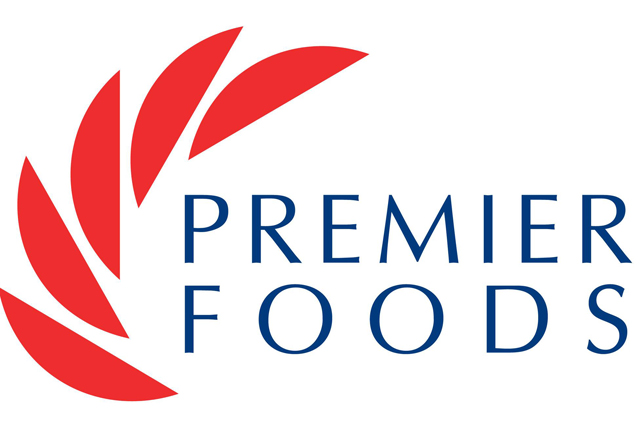
It is hard to believe that a company with Hovis, Ambrosia and Mr Kipling among its portfolio of brands should ever be fighting for its survival. Yet that was the verdict of City analysts after Premier Foods issued a profit warning earlier this month, with the company forecasting that third-quarter sales would be 'significantly below expectations'.
In short, Premier is in disarray. Saddled with vast debt - the upshot of an acquisition spree in the mid 2000s - and faced with falling revenues from grocery sales, its share price has tumbled from a high of 339p in June 2005 to its current level of slightly more than 4p. The situation was compounded by a pricing row with Tesco earlier this year, which led to a quarter of its branded products being delisted for two months, at a cost of £10m.
So where did it all go wrong? One theory is that the business has been too obsessed with building scale at the expense of a clear brand development strategy. 'I think the culture of the company has been too operationally focused and too volume focused,' says Investec analyst Martin Deboo. 'Other than Hovis, there has been little sign of real breakthrough marketing.'
Another theory is that Premier has made a habit of acquiring brands that generate nostalgia but lack relevance to the modern consumer. 'It has been allowed to be a consolidator of legacy products,' argues Richard Tolley, former Dairy Crest marketing director and founder of Krux Strategy. 'Which of its brands are consumers really willing to pay above the odds for? Very few, I'd imagine.'
The task of sifting through the wreckage and rebuilding the business has fallen to ex-Kraft executive Michael Clarke, who took over as chief executive last month (see box, below). He has set out a turnaround strategy based on five priorities, including to 'improve sales and marketing execution' and 'invest behind eight power brands'. The latter is an approach adopted by many of the company's FMCG rivals.
Segmentation strategy
Premier already operates a segmentation strategy of sorts: defined internally as 'drive, defend and core' brands. Marketing director Jon Goldstone admits, however, that 'there hasn't quite been that level of focus I think we need'.
Future investment will be channelled into the eight power brands - Hovis, Mr Kipling, Ambrosia, Batchelors, Bisto, Loyd Grossman, OXO and Sharwood's. Premier will benchmark its marketing execution against peers such as Mars, Nestle and PepsiCo.
As an example, Goldstone cites the Walkers brand, which he says offers a lesson in how to 'seamlessly link up what the consumer experiences in-store with what they see when they watch a TV ad or interact with the brand online'.
The first wave of investment will focus on three brands. Hovis will get a packaging overhaul in the run-up to Christmas to highlight that the bread is made from 100% British wheat. Mr Kipling will aim to benefit from a campaign, which will break in February, pushing a packaging innovation that allows Premier to individually wrap slices of cake. For Ambrosia, meanwhile, Goldstone promises another 'really interesting' packaging innovation next year.
The remaining 'challenger' brands, including Angel Delight, Bird's and Hartley's, will 'have a role to play but won't be the brands that get the majority of the focus', according to Goldstone.
Premier's brand prioritisation strategy is likely to be a sensible option, claims Deboo. In the short term, however, he points out that these 'challenger' brands have a vital role to play if Premier is to escape its current predicament.
'The problem is that Premier is in a three-month survival window; it has to refinance the business, deliver a good Christmas trading result and sell businesses,' adds Deboo. 'Now, Michael Clarke desperately needs those flanker brands to perform for him, or he'll strangle off the cash flow.'
Faced with such pressing demands, it seems inevitable that Clarke's honeymoon period will be short-lived.
WHO IS MICHAEL CLARKE?
Michael Clarke has landed himself perhaps the toughest job in the grocery sector.
The former president of Kraft Foods' European operations has joined Premier Foods as chief executive at a time when the company's share price has hit the floor.
Market share is also heading south, and this is taking place against a backdrop of big increases in input costs.
At least Clarke has made a positive start. He impressed City analysts by demonstrating a good working knowledge of the business during a recent conference call, and has already drawn up a five-point plan to turn around the business.
It is unlikely he'll be given much in the way of a period of grace, with Christmas a vital trading period. However, coming from what one analyst describes as the 'University of marketing' at Kraft, Clarke, in tandem with marketing director Jon Goldstone, is well equipped to breathe new life into Premier's tired store-cupboard brands.

